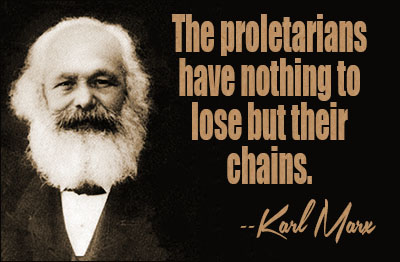"Søren Aabye Kierkegaard (b. 1813, d. 1855) was a profound and prolific writer in the Danish “golden age” of intellectual and artistic activity. His work crosses the boundaries of philosophy, theology, psychology, literary criticism, devotional literature and fiction. Kierkegaard brought this potent mixture of discourses to bear as social critique and for the purpose of renewing Christian faith within Christendom. At the same time he made many original conceptual contributions to each of the disciplines he employed. He is known as the “father of existentialism”, but at least as important are his critiques of Hegel and of the German romantics, his contributions to the development of modernism, his literary experimentation, his vivid re-presentation of biblical figures to bring out their modern relevance, his invention of key concepts which have been explored and redeployed by thinkers ever since, his interventions in contemporary Danish church politics, and his fervent attempts to analyse and revitalise Christian faith." (from http://plato.stanford.edu/entries/kierkegaard/)
In the Comments Section, put the following into your own words. Include concepts from the notes in class on May 7th.
"Let us speak further about the wish and thereby about sufferings. Discussion of sufferings can always be beneficial if it addresses not only the self-willfulness of the sorrow but, if possible, addresses the sorrowing person for his up building. It is a legitimate and sympathetic act to dwell properly on the suffering, lest the suffering person become impatient over our superficial discussion in which he does not recognize his suffering, lest he for that reason impatiently thrust aside consolation and be strengthened in double-mindedness. It certainly is one thing to go out into life with the wish when what is wished becomes the deed and the task; it is something else to go out into life away from the wish.
Abraham had to leave his ancestral home an emigrate to an alien nation, where nothing reminded him of what he loved – indeed, sometimes it is no doubt a consolation that nothing calls to mind what one wishes to forget, but it is a bitter consolation for the person who is full of longing. Thus a person can also have a wish that for him contains everything, so that in the hour of the separation, when the pilgrimage begins, it is as if he were emigrating to a foreign country where nothing but the contrast reminds him, by the loss, of what he wished; it can seem to him a as if he were emigrating to a foreign country even if he remains at home perhaps in the same locality – by losing the wish just as among strangers, so that to take leave of the wish seems to him harder and more crucial than to take leave of his senses.
Apart from this wish, even if he still does not move from the spot, his life’s troublesome way is perhaps spent in useless sufferings, for we are speaking of those who suffer essentially, not of those who have the consolation that their sufferings are for the benefit of a good cause, for the benefit of others. It was bound to be thus – the journey to the foreign country was not long; in one moment he was there, there in that strange country where the suffering ones meet, but not those who have ceased to grieve, not those whose tears eternity cannot wipe away, for as an old devotional book so simply and movingly says, “How can God dry your tears in the next world if you have not wept?” Perhaps someone else comes in a different way, but to the same place."
- Søren Kierkegaard, Upbuilding Discourses in Various Spirits, Hong 1993 p. 102-103

